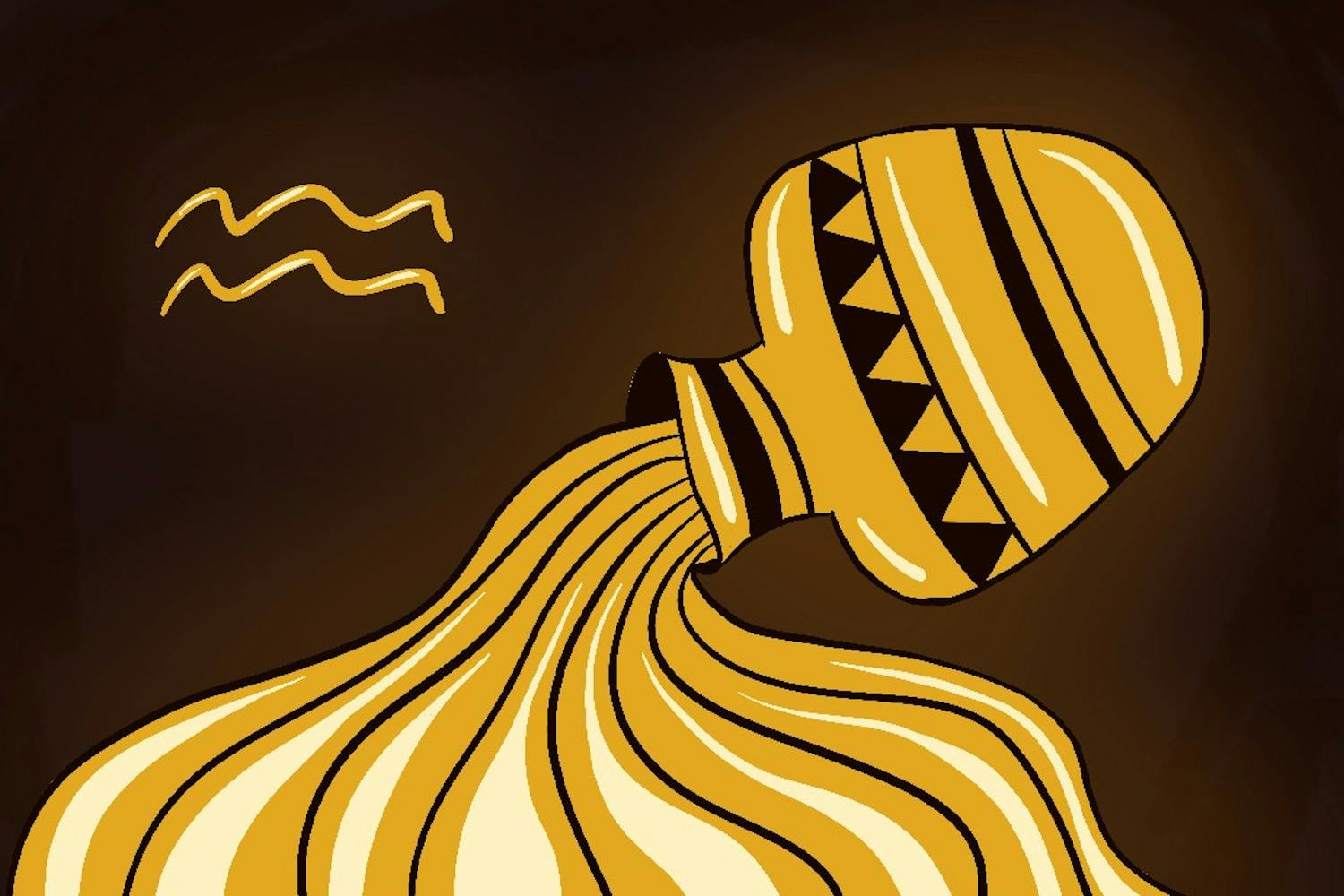Kendrick Lamar released on Feb. 9 “Black Panther: The Album," the soundtrack for the new Marvel Studios film of the same name. The album features Lamar's politically-driven lyrics, which represent the film and what it represents.
The album, composed of 14 songs featuring artists such as SZA, Future, ScHoolboy Q and 2 Chainz, has received critical acclaim and quickly became No. 1 on the Billboard top 200 chart.
The record, Lamar's fifth studio album, is driven by politics and protest, and is a continuation of his artistic approach to addressing social issues.
According to music magazine, The Fader, Lamar was originally only supposed to create a few tracks for the movie until “Black Panther” director Ryan Coogler showed him a portion of the film, and Lamar immediately wanted to take charge of the entire album.
Both the film and soundtrack emphasize pride and cultural identity, said Mako Ward, an instructor at the ASU School of Social Transformation whose research interests include hip-hop culture and activism.
“As the predominant sound of the film, rap music is quintessentially illustrative of the kind of exultant, communal pride that the film taps into,” she said.
Lamar’s politics are a staple in “Black Panther: The Album,” as he raps about the characters and storyline of the film, as well as the struggles and traditions of black culture.
“I think Lamar was the right person (for the soundtrack) in terms of speaking to a generation of young people, a generation of people of color and young black people specifically,” said Rashad Shabazz, an associate professor at the ASU School of Social Transformation with expertise in black cultural studies.
Shabazz said the album will be significant in terms of the political content presented in it, and he said he believes that Lamar and artists like him are doing what rap music was originally created for: discussing culture and speaking out against prejudice.
Rap has grown and branched out into new styles and subgenres, but Shabazz said that Lamar and similar artists are sustaining the original ideals of the genre.
Sundiata Cha-Jua, an associate professor of African American studies and history at the University of Illinois at Urbana-Champaign, said the album is on par with what Lamar has produced in the past, as he always conveys a progressive political message in his work.
“Rappers like Kendrick Lamar, they’ve been moved by the social movement on the ground. They are responding to the shifts in society, specifically the resurgence of African American activism,” Cha-Jua said.
Cha-Jua said the sophistication within Lamar’s lyrics and his musicality put him light-years ahead of most current rappers, as he chooses not to censor his thoughts and conform to a certain image.
Shabazz said that Lamar’s strong impact on rap music is significant for black culture, as his message reaches across the globe.
“Rap now is entering its fifth decade. I think the broader culture domestically and globally is now understanding the significance of rap music,” Shabazz said.
Reach the reporter at mmbarbe3@asu.edu and follow @meganbarbera_ on Twitter.
Like The State Press on Facebook and follow @statepress on Twitter.




